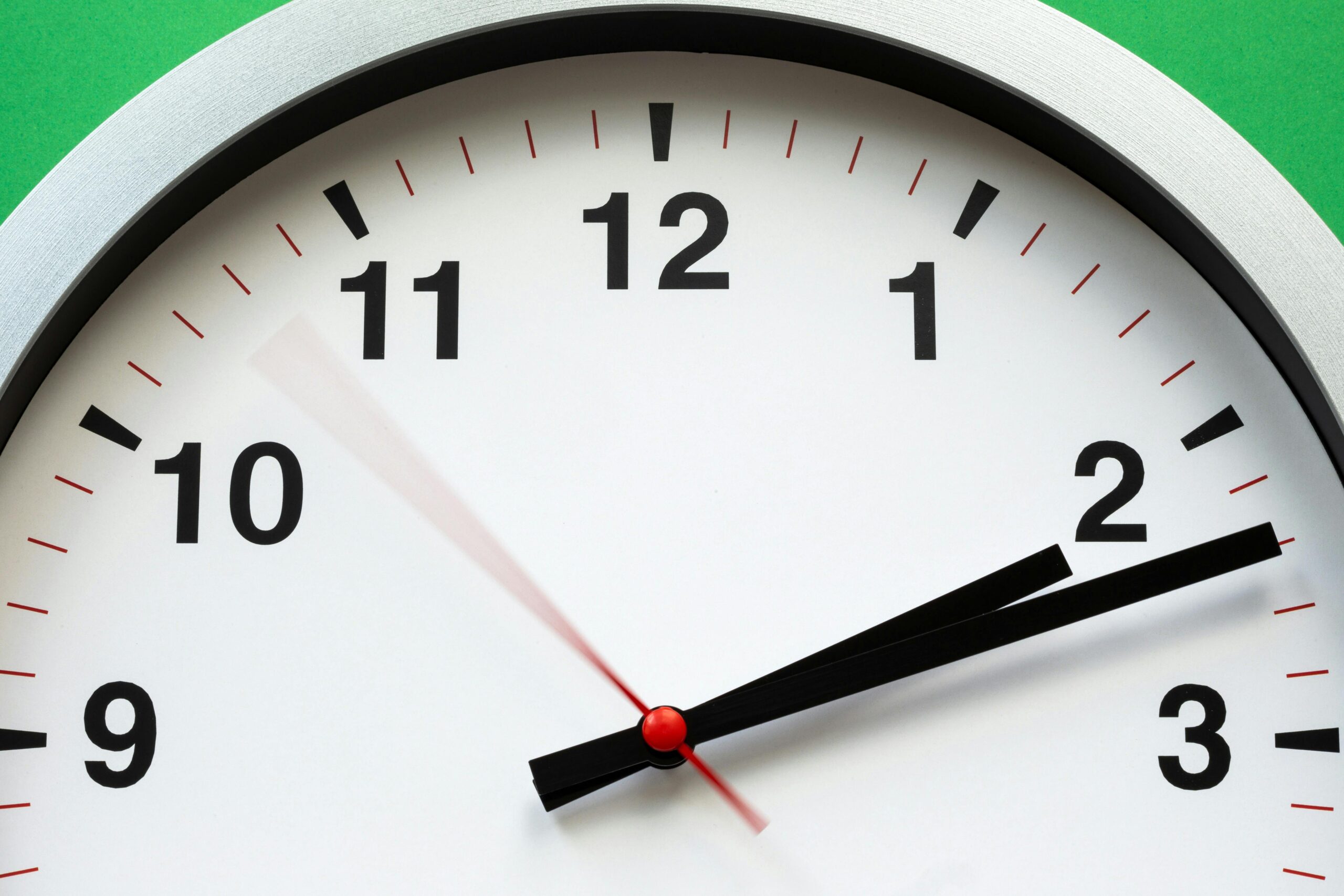Going without sunlight is a lot like a plant doing the same thing, struggling to maintain vitality and freshness. The connection between light exposure and your sleep quality is similar to that plant – it is essential for your well-being.
As you navigate the transition to Daylight Saving Time (DST), understanding the impact of light on your body’s internal clock becomes paramount.
Impact of Light Exposure on Sleep
When exposed to light, your sleep quality can be significantly impacted. It’s like your body’s internal alarm clock gets confused and starts hitting the snooze button repeatedly. The thing is, your brain associates darkness with sleep time, so when it’s suddenly flooded with light, it’s like someone yelling, ‘Wakey-wakey!’ right into your ears. Your poor brain is just trying to catch some Z’s, but now it’s contemplating a full-blown existential crisis instead.
Imagine your brain as a confused toddler who just wanted to build a cozy blanket fort and nap the day away, but now it’s being dragged to a nightclub with neon lights flashing everywhere. The struggle is real. So, next time you’re trying to catch some much-needed shut-eye, dim those lights, close those curtains, and let your brain peacefully drift off into dreamland in as much darkness as you can create.
Researchers came up with some very interesting studies where they found that we have a master clock in the brain which takes cues from our environment looking at mood regulation and interestingly, every organ in the body.
Tips for Better Sleep Quality
Experiencing better sleep quality can be achieved by implementing simple strategies that optimize your bedroom environment and nighttime routine. Let’s start with the basics:
- Make sure your bed is comfortable, your room is cool, dark, and quiet (unless you’re into white noise machines or falling asleep to the sound of a babbling brook).
- Avoid caffeine and screens before bed unless you want to be stuck counting sheep until the sun comes up. And hey, if counting sheep is your thing, go for it!
- Establish a bedtime routine to signal to your brain that it’s time to wind down. Whether it’s reading a book, taking a warm bath, or practicing some light yoga, find what works for you.
Remember, consistency is key. Try not to stray too far from your regular sleep schedule, even on weekends. Your body will thank you, and you’ll be snoozing like a baby in no time.
Contact a sleep coach now for even more tips for better quality sleep!
Managing Sleep During DST Transition
To manage your sleep effectively during the transition to Daylight Saving Time (DST), prioritize maintaining a consistent bedtime routine and gradually adjust your schedule by going to bed and waking up 15 minutes earlier each day leading up to the time change. Sure, it seems a bit weird, but baby steps work, it’ll make adjusting to DST a whole lot easier.
Now, I know what you’re thinking – ‘But waking up earlier just stinks.’ Nobody likes waking up earlier than they have to, but the best sleepers embrace the early mornings! In no time, you’ll notice the benefits of better rest, more energy, more clarity and feel like a well-rested superstar.
Importance of Bedroom Lighting
Optimal bedroom lighting plays a crucial role in influencing your sleep quality. Sure, you might think that the white noise of falling asleep to a television helps you fall asleep, but you are lying to yourself, that’s not doing your sleep any favors. When it comes to setting the mood for a good night’s rest, think more along the lines of cozy lamps with warm, soft lighting – not a neon sign.
Harsh overhead lights can also be a real mood-killer for your sleep. Swap out the glaring ceiling light for something more soothing. Dimmer switches are your new best friend. They let you adjust the lighting to fit your vibe, whether it’s winding down with a book or catching some Z’s.
Strategies for DST Adjustment
For a smoother adjustment to DST, consider your bedroom lighting as a key factor in optimizing your sleep routine. Here are some humorous strategies to help you navigate the transition:
- Let there be light!: Embrace natural light exposure in the morning and during the day to signal your body that it’s time to wake up and seize the day.
- Dim the lights: As bedtime approaches, opt for softer, dimmer lighting to cue your brain that it’s time to wind down and relax. Like we mentioned earlier, a dimmer switch can help.
- Banish the screens: Say goodnight to your electronic devices at least an hour before bed to avoid the stimulating effects of blue light.
- Create a cozy cave: Make your bedroom a sleep sanctuary by keeping it cool, dark, and quiet for optimal rest. Seriously, like a cave.
- Rise and shine on time!: Establish a consistent wake-up time, even on weekends, to regulate your internal clock and make mornings less monstrous.
With these tips, you’ll be DST-ready in no time!
Even if it’s cloudy the natural outdoor light helps us wake up and it resets our inner clock. Obviously when it’s darker longer in the morning, it’s harder to do this. But then it becomes even more important that as soon as the light breaks outside, we are at the very least looking out the window and ideally outside and exposed to the natural sunlight.
Frequently Asked Questions
Can Using Blue Light Blocking Glasses Before Bed Help Improve Sleep Quality?
Wearing those blue light blocking glasses everyone seems to be wearing before hitting the sack can actually boost your sleep quality! They’re like magic for your eyes, helping you wind down and get those zzz’s you deserve.
How Does Natural Light Exposure During the Day Impact Sleep Patterns?
Simply put, it’s like nature’s way of saying, ‘Here’s your dose of melatonin boosters!’
So, get out there, bask in the sun (with sunscreen, of course), and let your body’s internal clock work its magic for a restful night’s sleep. Shortly after waking up, spending even 15 minutes on the porch or backyard will do wonders for the rest of your day.
Are There Specific Types of Light Bulbs That Are Better for Promoting Better Sleep Quality?
When it comes to getting your best sleep, you might want to ditch those bright, buzzy bulbs for something softer.
Opt for warm-toned, dimmable lights to help set the mood for restful slumber. Good ol’ incandescent bulbs or LED lights with warm color temperatures could be your go-to for promoting better sleep quality.
Is It Advisable to Use Blackout Curtains in the Bedroom to Improve Sleep Quality?
Want to transform your bedroom into a sleep haven? Absolutely toss up some blackout curtains!
While you think regular curtains at night are enough, and they are certainly better than nothing, you will be amazed when you wake up in the morning fully rested but it looks like it is still the middle of the night when you wake up. That little bit of light can make a big difference..
What Are Some Ways to Incorporate More Natural Light Exposure Into Daily Routines for Better Sleep?
Try soaking up that natural light during the day! Head outside for a walk, do your work by a sunny window, or just relax in a shaded area for lunch. Let that sunshine hit your eyeballs and watch your sleep game level up!
Shining a Light on Sleep: Navigating DST Transition
Understanding the impact of light exposure on your sleep quality is essential for maintaining a healthy circadian rhythm.
By incorporating natural light during the day and minimizing artificial light in the evening, you can improve your overall well-being and achieve a more restful night’s sleep.
As you navigate the transition to Daylight Saving Time, implementing these tips can help you adjust smoothly and optimize your sleep patterns for a more rejuvenating slumber.
If you don’t think these tips here will cut it, get a hold of us and we can connect you with a sleep coach to make your transition to DST as painless as possible, and sleeping better than ever before!


